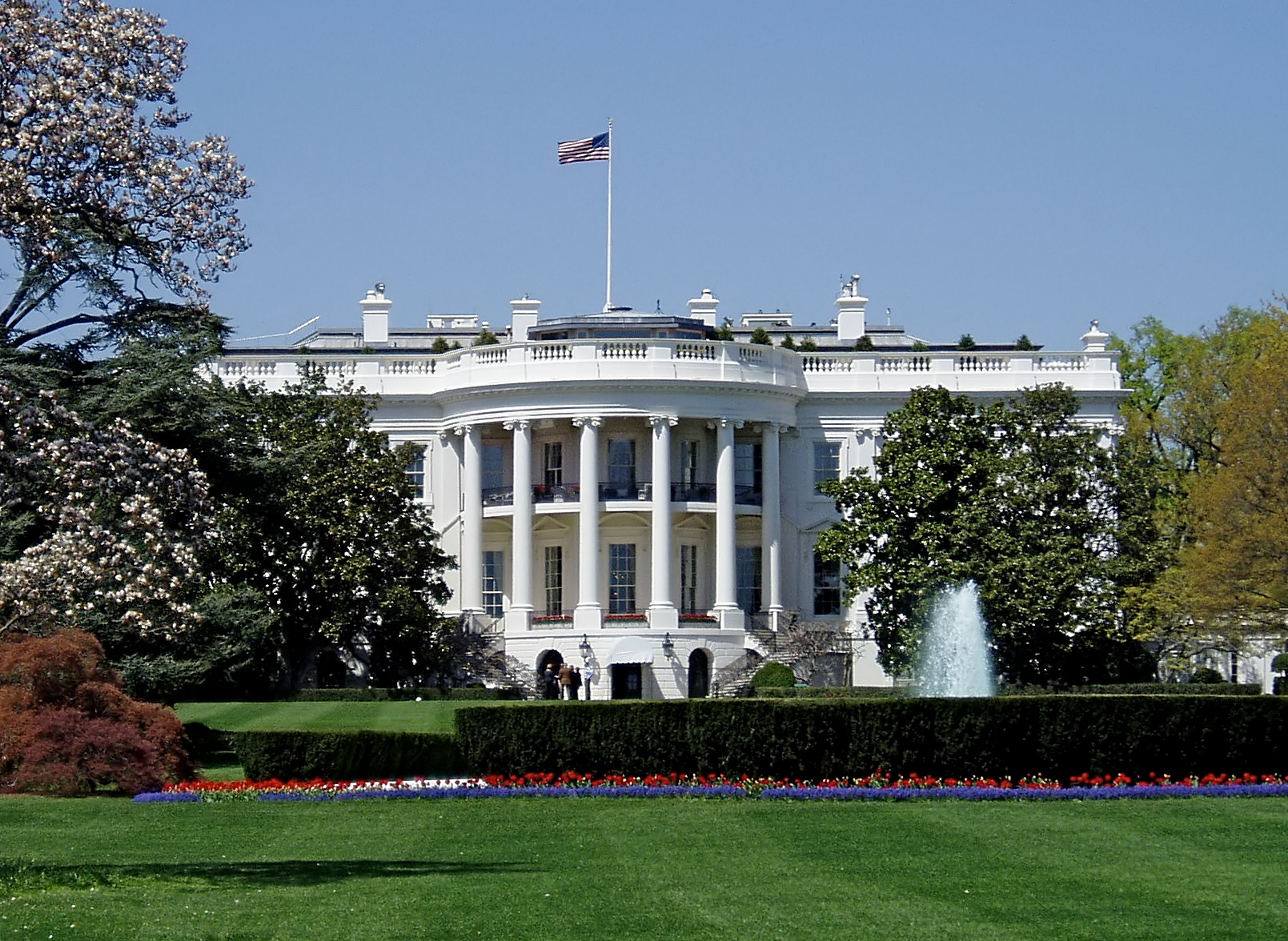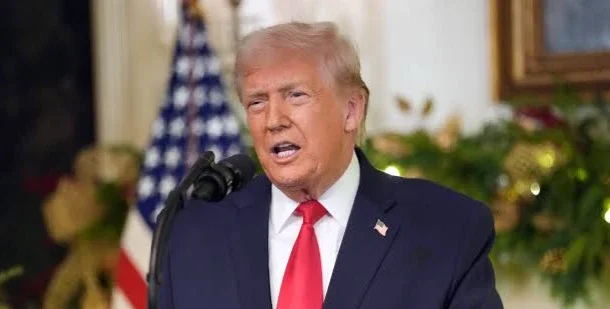As October 2025 progresses, the American political landscape continues evolving with significant developments across multiple policy areas, institutional changes, and emerging debates that will shape the national conversation heading into 2026.Post-2024 Election Governance
Following Donald Trump’s victory in the November 2024 presidential election over Kamala Harris and his inauguration on January 20, 2025, the current administration has now completed nearly ten months in office. This period has seen implementation of campaign promises, policy shifts from the previous administration, and the typical challenges that accompany any presidential transition.
The first year of any presidency typically sets the tone for the full term. Administrations work to capitalize on their “honeymoon period” to advance priority legislation, implement executive actions, and establish governing frameworks. By October of a president’s first year, patterns have emerged that indicate how the presidency will likely proceed.
Congressional dynamics significantly impact presidential success. The composition of both the House of Representatives and Senate determines which policies can advance through the legislative process. In the current political environment, partisan divisions remain stark, making bipartisan cooperation challenging on most significant issues.
Legislative Priorities and Challenges
Congress faces numerous complex policy challenges requiring bipartisan cooperation that often proves elusive in the current political climate. Budget negotiations, always contentious, take on added significance as the nation grapples with long-term fiscal questions about spending, taxation, and deficit reduction.
Healthcare policy remains a perennial political battleground. Despite years of debate following the Affordable Care Act’s implementation, fundamental questions about healthcare access, cost, and quality persist. Political parties approach these questions from different philosophical frameworks, making comprehensive healthcare reform politically challenging.
Infrastructure investment represents another area where political agreement exists in theory but proves difficult in practice. While most politicians support infrastructure improvement, disagreements emerge over funding mechanisms, project priorities, and the role of public versus private investment.
Immigration Policy
Immigration continues generating political heat at both federal and state levels. The issue encompasses multiple dimensions: border security, pathways to citizenship for undocumented immigrants, refugee and asylum policies, and legal immigration reform. Finding comprehensive solutions requires addressing concerns from multiple political perspectives simultaneously, a challenging task in polarized times.
State governments have increasingly asserted themselves on immigration matters, particularly in border states. This creates tension between federal authority over immigration policy and state interests in addressing impacts on their communities. Courts frequently mediate these federal-state disputes, adding legal complexity to political disagreements.
Environmental and Energy Policy
Climate change and energy policy generate intense political debate. The challenge involves balancing environmental concerns with economic interests, addressing the urgency of climate action while maintaining energy security and affordability. Different regions of the country have varying interests based on their economic bases, creating geographic dimensions to national policy debates.
The transition to renewable energy sources represents a major economic and infrastructure challenge. While technological advances have made renewable energy increasingly cost-competitive, questions remain about grid reliability, energy storage, and the pace of transition. Political disagreement often centers on the government’s role in accelerating or managing this transition.
Technology and Regulation
Technology policy has emerged as a major political issue encompassing questions about data privacy, content moderation on social media platforms, artificial intelligence regulation, and antitrust concerns regarding major technology companies. These issues require policymakers to understand complex technical matters while making decisions with significant economic and social implications.
The global nature of technology companies creates additional complexity. Policies enacted in the United States interact with regulations in other countries, particularly the European Union, creating opportunities for coordination but also potential conflicts. International cooperation on technology governance remains an ongoing challenge.
Criminal Justice Reform
Criminal justice reform efforts continue at federal and state levels, addressing questions about sentencing policies, prison reform, policing practices, and reentry programs for formerly incarcerated individuals. These issues gained increased attention in recent years, with bipartisan interest in reform, though disagreements remain about specific approaches.
State-level innovations in criminal justice often drive national conversations. Different states experiment with various approaches, creating a laboratory for policy development. Successful state initiatives sometimes scale to the federal level, while less successful efforts provide cautionary examples.
Education Policy Debates
Education policy generates significant political debate at all levels of government. Federal involvement in education, traditionally limited, has expanded in certain areas while states and local districts maintain primary responsibility. Disagreements emerge over funding levels, standards and testing, school choice, and curriculum content.
Recent political debates about education have focused on curriculum content, particularly regarding history, race, and gender identity. These debates reflect broader cultural disagreements that education policy often encounters. Finding appropriate boundaries for parental involvement, teacher autonomy, and government standards remains challenging.
International Relations
Foreign policy typically receives less public attention than domestic issues but significantly impacts national security and economic interests. The current administration faces challenges in managing relationships with major powers, addressing regional conflicts, and maintaining America’s role in international institutions.
Trade policy connects domestic economic concerns with international relations. Debates about tariffs, trade agreements, and economic competition with other nations blend economic analysis with geopolitical strategy. These issues affect domestic manufacturing, agricultural exports, and service industries differently, creating varying political constituencies.
The 2026 Midterms
Although midterm elections are over a year away, political positioning has already begun. Midterms typically serve as referendums on the president’s first two years and often result in losses for the president’s party. Both parties are assessing races, recruiting candidates, and developing messaging strategies.
Redistricting following the 2020 census affects House races’ competitive landscape. Both parties claim gerrymandering by the other, though both engage in the practice when given the opportunity. Redistricting’s impact on competitiveness and representation remains a subject of political and legal debate.
READ MORE: DONALD TRUMP ERUPTS AFTER ABC BRINGS JIMMY KIMMEL BACK ON AIR
The political landscape in October 2025 reflects ongoing tensions between competing visions for America’s future. While specific policy debates vary, underlying questions about government’s proper role, individual liberty, collective responsibility, and America’s place in the world drive political disagreements.
Effective governance requires finding common ground where possible while managing disagreements constructively. In a diverse democracy, political conflict is inevitable and even healthy when channeled productively. The challenge lies in maintaining democratic norms and institutions while addressing citizens’ legitimate concerns and working toward solutions to pressing national challenges.








Comments